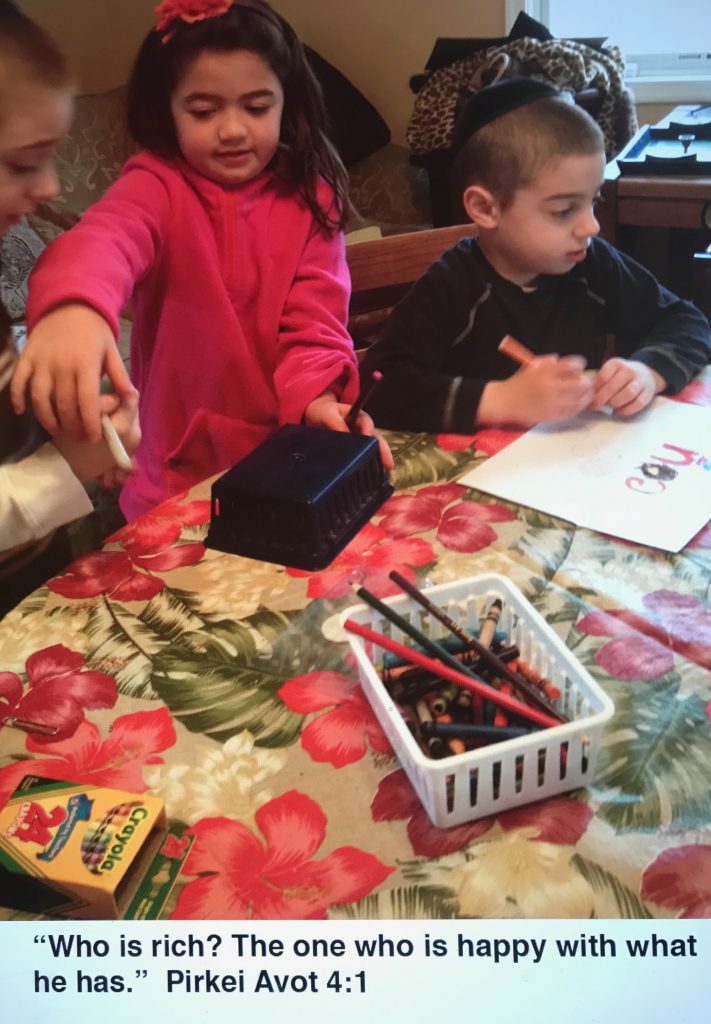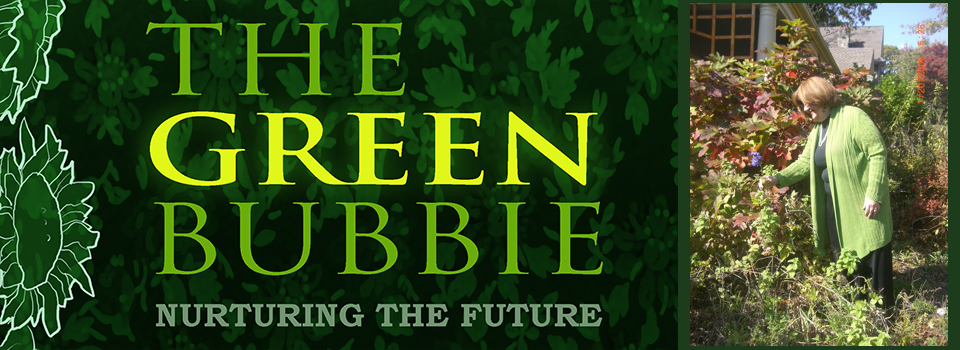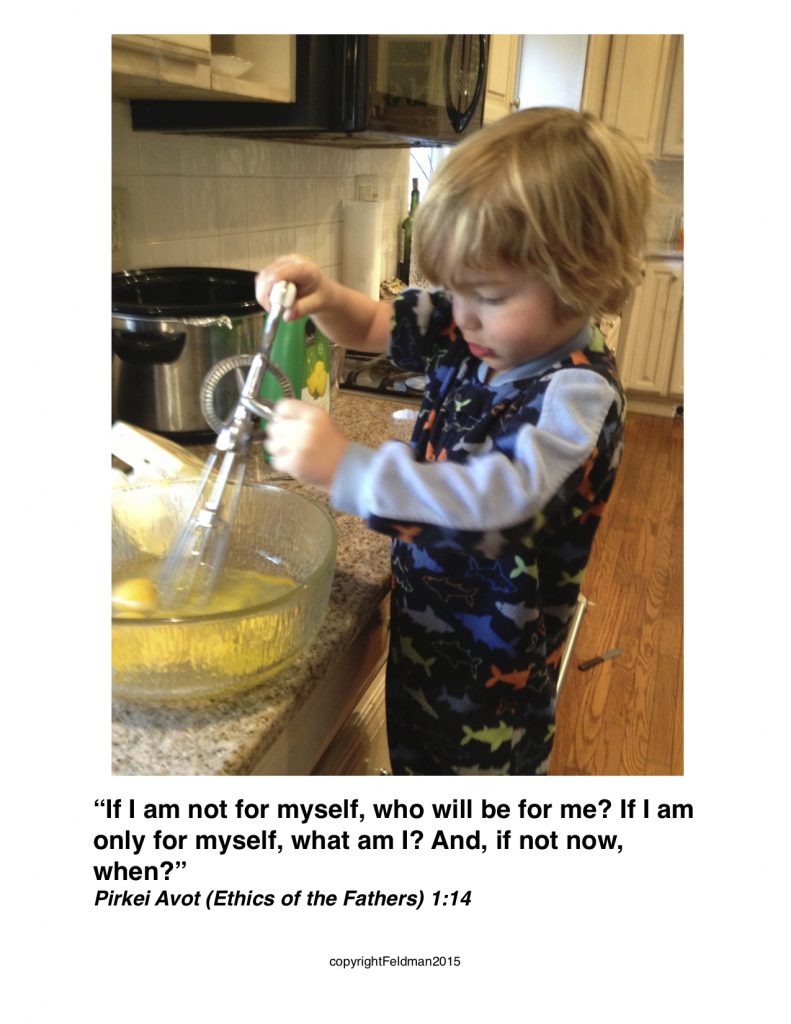
Pirkei Avos is Jewish wisdom from the time that Moses received it from Sinai. As we read the words, and discuss them, we join the conversation, becoming part of an ongoing ‘commentary’ on the timeless words of our Sages.
The premise of the Green Bubbie’s PIrkei Avos- is that you are never too young or too old to learn ethics and values and to continue to grow, becoming your best self!
“Ben Zoma says, ‘Who is rich? The one who is happy with what he has.’ As it says in Tehillim, (Psalms 128:2)When you eat of the work of your hands, you are happy, and all is well with you.’ Pirkei Avos 4:1
Let’s look at the image above. Anyone who has ever distributed lollipops or crayons to young children has probably heard the words- “I don’t want that one” or, “I want the one she has!”
Children are not always happy with what they get.
A popular mantra that adults use in response to children who are disappointed with what they get is, “You get what you get and you don’t get upset”
Ask yourself-How are the words of Pirkei Avos different from this response? Are these two statements the same?
‘Don’t get upset’ denies children their feelings, and teaches a level of complacency and acceptance with ‘what you get.’ Ben Zoma is challenging us, how can we become happy? We can learn to be happy with our lot, we can recognize what is from Hashem, and at the same time- learn to put in effort and to benefit from the work of our hands, and to do something with what we have been given.
Children for sure ( and adults too) are not intuitively happy with what we have, or what we get! - High expectations for gifts, or desired outcomes, can lead to real disappointment. We can learn how to recognize the good, even when disappointed (with the green lollipop, or a rejection letter) We can learn how to re-frame a situation, and consider alternatives.
For example, “Do you know someone who really likes green lollipops? Can you make a trade?" or ‘What can you draw with a purple crayon even though you really wanted the blue?”
These may seem silly or inconsequential in the world of moral and ethical behavior, but it teaches children to have an exit ramp for their disappointments, develop the ability to re-frame a situation, consider what they can do with what they have, and search for alternative points of view- clearly a much needed strategy for communication and ethical relationships!
You have to put in effort, and simultaneously recognize it’s not all about you! When you plant- and do all the work in your garden. You could take total credit for the bounty of your crop- or you could recognize that while you may have ‘labored in the field’ - the seeds and the soil, the sun and the rains, all come from Hashem- quite a dose of humility and a lesson in gratitude. Of course, if you don’t put in the effort, nothing happens,When we teach Gratitude to HaShem for all that we have, we teach children ( and ourselves) to recognize the good (HaKaros HaTov) in every situation, we experience the profound happiness that comes from feelings of gratitude . Learning to see the good takes effort.
Positive psychology is gaining more popularity each day, but ''happiness' is not a new. The ancient teachings in Pirkei Avos- based on the words of Hashem direct us toward happiness. This teaching says directly, ‘the person who is HAPPY with what s/he has’ not the person who is content, or who has ‘settled’ or who is monetarily secure. “Happiness” is an important state of mind, it matters, it is the standard by which our real wealth is measured, and a lens through which we see our lives.
It may take years- it certainly took me years not to just teach my own children, but to teach myself, and to live MY life as one who sees the good. Now my grandchildren see me as a person who is demonstrably grateful to Hashem for all that I have.
As a grandparent, of ‘pension age’ I can revisit this teaching-and ask myself, what do the words of Ben Zoma mean to me now? My understandings of each Mishna change over time- it’s humbling!
It’s a whole new challenge to appreciate retirement - It’s all too easy to count how many homes, cruises, or even grandchildren friends do - or do not have. It’s time for us to re-evaluate what it means to be ‘happy with your lot’ materially, spiritually, physically and socially. We can redefine our ‘assets’ and focus on what we have.
Learn to be grateful to HaShem for all that you have, and you will be happy and become “rich” beyond what you ever imagined.





 .
.
























































